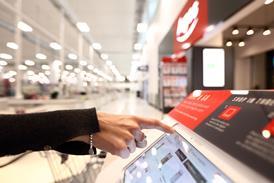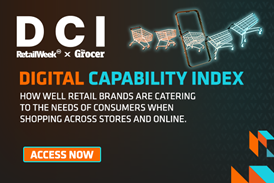Bitcoin payments: What do retailers need to know?

Electronic products retailer CeX became the first UK retailer to use Bitcoin in a store in an innovative payment trial. Retail Week looks at the pros and the cons of the virtual currency
Already have an account? Sign in here



















